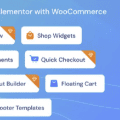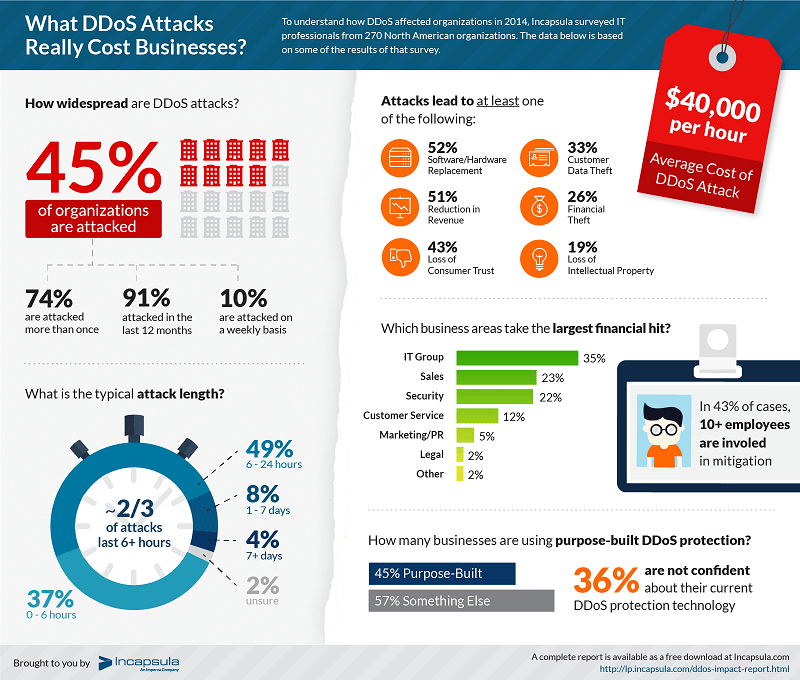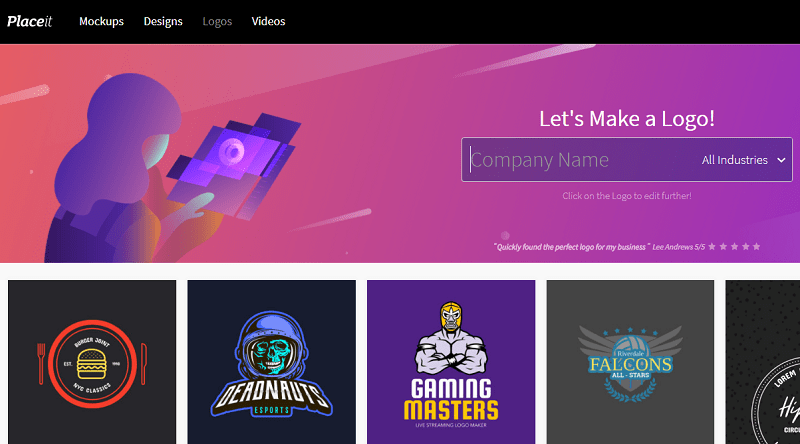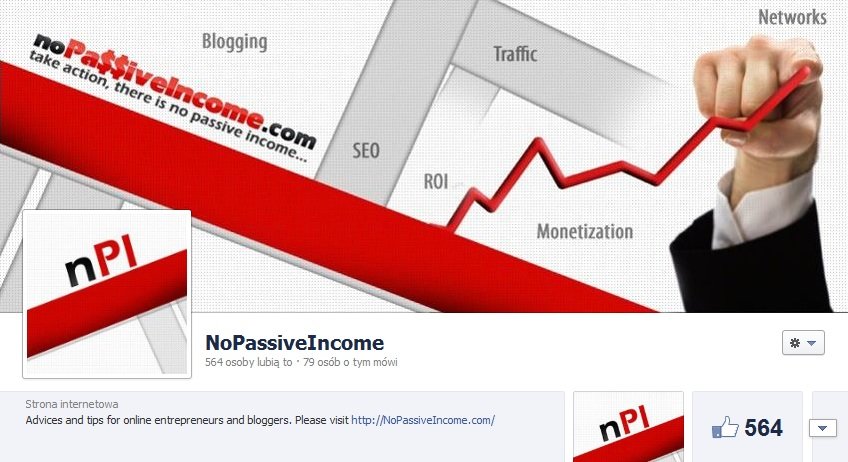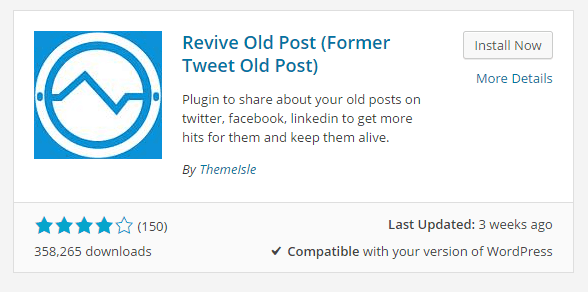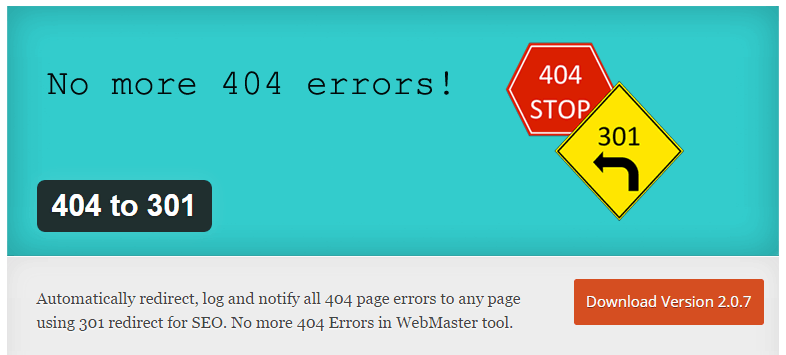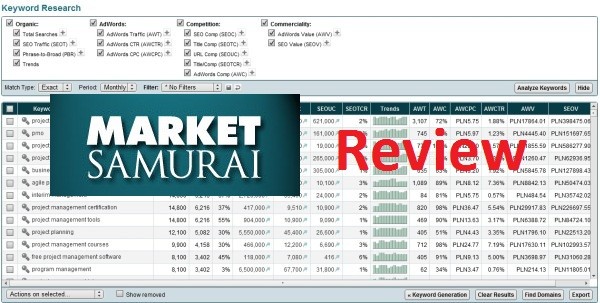In the vast sea of online selling, eBay stands as a monumental lighthouse, guiding countless merchants in their quest for e-commerce success. However, the digital landscape is teeming with alternative platforms, each offering unique features and opportunities to online sellers, e-commerce enthusiasts, and small businesses. Today, we’ll venture into the diverse ecosystem of eBay alternative sites, unveiling their potential to redefine your selling experience.
Table of Contents
1. Etsy
The Haven for Handmade and Vintage: Etsy thrives on unique, handmade, and vintage items. It’s the go-to platform for products that boast creativity and individuality.
Pros:
- Niche market for creative and artisan products.
- Strong community and supportive culture.
Cons:
- High competition in popular categories.
- Listing fees and transaction costs can add up.
Unique Personal Tip: Stand out by telling the story behind your creations. Use keywords that highlight the uniqueness and craft of your products in your listings.

2. Amazon Marketplace
The Global Giant: Amazon offers an enormous customer base and a comprehensive e-commerce infrastructure, making it a formidable platform for diverse selling needs.
Pros:
- Vast customer reach and trust.
- Advanced logistics and Fulfillment by Amazon (FBA).
Cons:
- Intense competition and price wars.
- Strict policies and potential for account suspension.
Unique Personal Tip: Leverage Amazon’s advertising tools to boost visibility. Focus on optimizing your product titles and descriptions with relevant keywords.
3. Bonanza
Emerging Online Bazaar: Bonanza is a growing marketplace known for its ease of use and seller-friendly policies, offering a wide array of items from fashion to electronics.
Pros:
- Lower fees compared to leading platforms.
- Easy integration with Google Shopping.
Cons:
- Smaller audience compared to eBay and Amazon.
- Limited international recognition.
Unique Personal Tip: Utilize Bonanza’s built-in marketing features, such as TurboTraffic, to drive more buyers to your listings.
4. Shopify
Your Personal Retail Space: Shopify allows sellers to create their own curated online stores with extensive customization and powerful e-commerce tools.
Pros:
- Complete control over branding and store design.
- Robust set of e-commerce tools and apps.
Cons:
- Monthly subscription fee, regardless of sales.
- Requires direct marketing efforts to drive traffic.
Unique Personal Tip: Maximize the power of social media integrations to create a cohesive brand experience across platforms.
5. Craigslist
The Local Marketplace: Craigslist is ideal for selling locally, offering everything from furniture to services without the complexity of shipping logistics.
Pros:
- No listing or selling fees.
- Direct interaction with buyers.
Cons:
- Prone to scams and requires caution.
- Limited reach for broader markets.
Unique Personal Tip: Ensure clear and honest communication. Provide detailed descriptions and high-quality photos to build trust with potential buyers.
6. Rakuten
The Japanese E-Commerce Leader: Rakuten offers a global audience with a strong presence in Japan, focusing on quality and customer loyalty.
Pros:
- Access to international markets.
- Promotes seller branding within the platform.
Cons:
- Listing process can be complex for newcomers.
- Fee structure varies by product category.
Unique Personal Tip: Engage in Rakuten’s loyalty program to encourage repeat business and enhance customer retention.
7. Newegg
Tech Retailer’s Paradise: Newegg specializes in electronics and tech-related products, attracting a dedicated audience of tech enthusiasts and professionals.
Pros:
- Niche market with less competition for tech products.
- Supportive seller programs and resources.
Cons:
- Primarily suited for electronics and tech items.
- Commission fees vary significantly by category.
Unique Personal Tip: Offer comprehensive technical information and comparisons in your listings to inform and attract knowledgeable buyers.
8. eBid
The Cost-Efficient Contender: eBid poses as a lower-cost alternative to eBay, with a simple fee structure and a variety of categories.
Pros:
- Lower fees and lifetime seller memberships.
- User-friendly interface.
Cons:
- Smaller buyer base.
- Limited marketing and promotional tools.
Unique Personal Tip: Leverage social media to drive traffic to your eBid listings, compensating for the platform’s smaller audience.
9. Mercari
The Rising Star: Mercari is gaining traction for its simplicity and mobile-first approach, catering to a wide range of categories including fashion, electronics, and collectibles.
Pros:
- User-friendly mobile app and interface.
- No listing fees.
Cons:
- 10% selling fee upon a completed transaction.
- Primarily a consumer-to-consumer marketplace.
Unique Personal Tip: Take advantage of Mercari’s “Promote” feature to increase visibility when interest in your listing wanes.
Final Words
In an evolving digital marketplace, diversifying your online selling platforms can mitigate risks, tap into new audiences, and potentially increase profits. Each of these eBay alternative sites offers unique advantages and challenges. By carefully considering your product niche, target market, and operational capacities, you can select the platform(s) that best align with your business goals. Remember, success in e-commerce is not solely about where you sell, but how effectively you connect with your customers and meet their needs.


